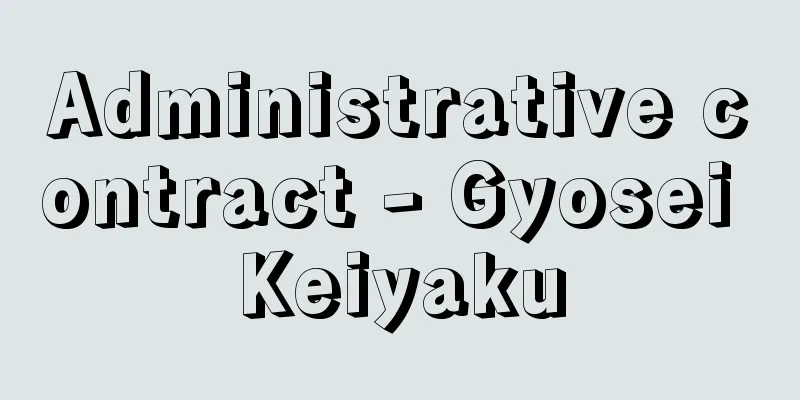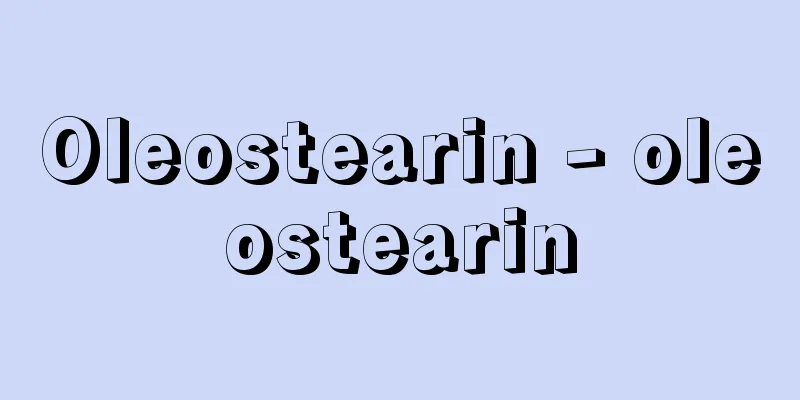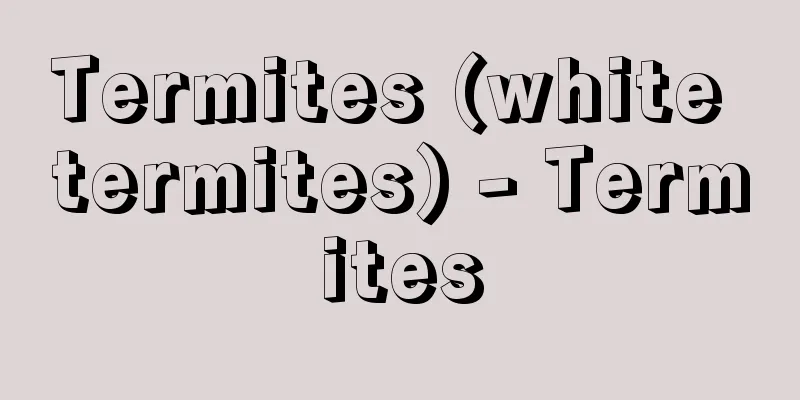Administrative contract - Gyosei Keiyaku

|
A contract between an administrative body and another administrative body or a private person. Examples of contracts between administrative bodies include delegation of duties between local governments (Article 252-14 of the Local Autonomy Law, Article 40 of the School Education Law), consultation on the burden of expenses for roads and rivers (Articles 54 and 55 of the Road Law, Articles 65 and 66 of the River Law), consultation on the imposition of local taxes (Article 8, Paragraph 1 of the Local Tax Law), commission of the collection of local taxes (Article 20-4 of the same Law), and consultation on the establishment of public facilities outside the area of ordinary local governments (Article 244-3 of the Local Autonomy Law). There are many contracts between administrative bodies and private persons, such as procurement (government) contracts, reward contracts, pollution prevention agreements, and designation of insured doctors. Even among contracts between private persons, consultations between developers and landowners, etc. who have received confirmation of consultations by the expropriation committee (Article 116 of the Land Expropriation Law, following), building agreements (Article 69 of the Building Standards Law, following), and green space agreements (Article 45 of the Urban Green Space Law, following) have administrative effect, and are therefore administrative contracts. Traditionally, a distinction has been made between public law contracts and private law contracts, based on the premise that there is a distinction between public law and private law. However, under current law, the criteria for this distinction are unclear, and there is almost no practical benefit to making the distinction. Therefore, today, there is no discussion of whether it is public law or private law, and contracts in which the administration is a party or that have administrative significance are considered as administrative contracts. Among administrative contracts, the most important and most common are contracts between administrative bodies and private individuals. In principle, procurement contracts are conducted through lump-sum competitive bidding, but designated competitive bidding, discretionary contracts, and auctions are also permitted as exceptions (Accounting Act, Articles 29-3 and 29-5, Local Autonomy Act, Article 234). When the state or other entity procures products above a certain price for trade liberalization, it is necessary to use bidding procedures that do not put foreign companies at a disadvantage (Cabinet Order Prescribing Special Provisions for Procurement Procedures for National Goods, etc. or Specific Services, Cabinet Order No. 300 of 1980). When the state or other entity concludes a contract to purchase goods, etc., it is required to make efforts as stated in the title of the Act on Ensuring Orders from Small and Medium-sized Enterprises for Public Procurement (Act No. 97 of 1966). A pollution prevention agreement is an agreement between a company or other entity that generates pollution and a local government or resident with the aim of preventing pollution. It usually contains stricter provisions for companies than those stipulated by law. [Yasuhito Abe] [Reference] | |Source: Shogakukan Encyclopedia Nipponica About Encyclopedia Nipponica Information | Legend |
|
行政主体が他の行政主体または私人との間で締結する契約をいう。行政主体相互間の契約として、地方公共団体相互間の事務委託(地方自治法252条の14、学校教育法40条)、道路・河川の費用負担の協議(道路法54条、55条、河川法65条、66条)、地方税の課税に関する協議(地方税法8条1項)、地方税の徴収の嘱託(同法20条の4)、普通地方公共団体の区域外での公の施設の設置に関する協議(地方自治法244条の3)などがある。行政主体と私人の間の契約は、調達(政府)契約、報償契約、公害防止協定、保険医の指定など多数ある。私人相互間の契約でも、収用委員会の協議の確認を得た起業者と土地所有者等との間の協議(土地収用法116条以下)、建築協定(建築基準法69条以下)、緑地協定(都市緑地法45条以下)は行政上の効力を有するので、行政契約である。 伝統的には公法と私法の区別の存在を前提として、公法上の契約と私法上の契約の区別がなされてきた。しかし、現行法上はこの区別の基準も明らかでなく、区別の実益もほとんど存在しないので、今日では公法か私法かを論ぜず、行政が当事者となり、または行政的意義のある契約を行政契約として考察の対象としている。 行政契約のうち、とくに重要であり実例の多いのは、行政主体と私人の間の契約である。このうち、調達契約は一括競争入札によるのが原則であるが、指名競争入札、随意契約またはせり売りの方法も例外的に認められる(会計法29条の3、29条の5、地方自治法234条)。貿易自由化のために国等が一定価格以上の産品を調達するときは、外国企業が不利にならない入札手続によることが必要である(国の物品等又は特定役務の調達手続の特例を定める政令=昭和55年政令第300号)。国等が物件の買入れ等の契約を締結する場合においては、「官公需についての中小企業者の受注の確保に関する法律」(昭和41年法律第97号)により題名どおりの努力をすることが求められている。 公害防止協定は、公害発生源たる企業等と自治体もしくは住民との間の公害防止を目的とする取決めをいう。法令が定めるより以上に企業に厳しい内容を有するのが通常である。 [阿部泰隆] [参照項目] | |出典 小学館 日本大百科全書(ニッポニカ)日本大百科全書(ニッポニカ)について 情報 | 凡例 |
<<: Administrative action - gyosei koui
>>: Administrative district - Gyōsei-ku
Recommend
Junzo Karaki
Critic. Born in Nagano Prefecture. Graduated from...
Red star disease - Red star disease
An important disease of pears, apples, and tobacc...
Sturgeon, William
Born: 22 May 1783, Whittington, Lancashire [Died] ...
Ultrastructure - Choubi Saikozo
This refers to the hyperfine splitting of spectra...
Hokke-e
A Buddhist ceremony to praise the Lotus Sutra. It...
Rotary kiln - Rotary kiln (English spelling)
A general term for rotary kilns, which are genera...
Shingu [town] - Shingu
An old town in Ibo County in the southwest of Hyog...
Vasili III Ivanovich
1479‐1533 Grand Prince of Moscow, Russia. Reigned ...
Plain of Beauce - Plaine de Beauce
A plain in the Orléanais region in the southern pa...
Petrie, Sir (William Matthew) Flinders
Born: June 3, 1853. Charlton, Kent [Died] July 28,...
Laredo (English spelling)
A commercial and industrial city in southern Texas...
Takeuchi Highway - Takenouchi Highway
This road crosses southern Yamato and southern Kaw...
Cramer, D.
…However, Japan's performance on the internat...
Buyi people (Buyi people) - Buyi people (English spelling) Bù yī zú
An ethnic minority group found in southern Guizhou...
FFC emulsion - FFC emulsion
…Currently, it mainly refers to preparations made...




![Shizugawa [town] - Shizugawa](/upload/images/67cbc43323ff3.webp)
![Kanbayashi [Hot Springs] - Kanbayashi](/upload/images/67cb4c6047e97.webp)



